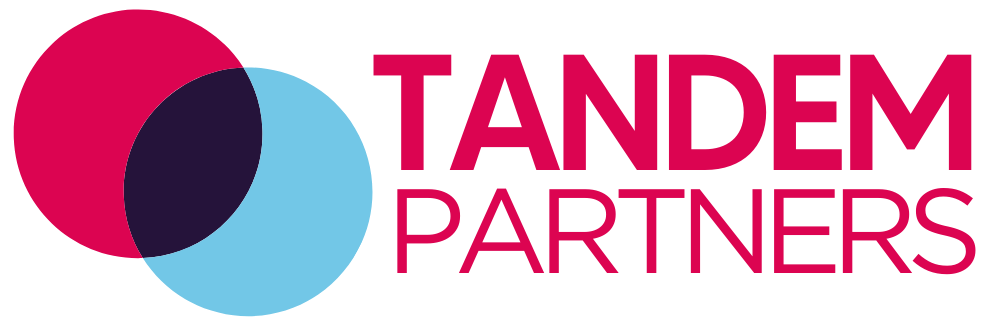What’s All the Buzz About?
News

Every year there are (buzz) words and terms that crop up and catch on like wildfire, some with great purpose and intention and some that were meant to mean so much but inevitably, by the time we have overused them, mean so very little! (read: jargon) These words and terms so quickly become part of the HR vocab and whilst some people lead the way with the actual correct and proper use of them, others use them as a a kind of code either to be easily accepted and understood by peers and HR professionals alike or alternatively to bamboozle the business they work within. Who can forget the word of the year (circa 2010) “Piece.” Add it to any other well-meaning word and it sounded like we had anything nailed! That culture ‘piece’ or that ‘engagement’ piece made something insurmountable sound quite achievable for a minute.
So in jest, but with some explanation for some, we are calling out some of our most commonly heard words and terms of 2017. Think of it as a bit of end of year mirror moment, laced with a touch of healthy cynicism. (Don’t get me wrong, recruiters are as guilty as most, how many job adverts out there have you seen for “Iconic” companies!)
First ‘cab off the rank’;
- Delivery; Well and truly adopted deep into this year, read any CEO account, speech etc, and you’ll see it all starts at the top. We are in a delivery era. It is all about what you can deliver against expectations, or for HR folk, the delivery of sustainable People and Culture ‘Solutions’ (ahh, there’s another word…). My bet is we see a shift from delivery through to “Sustainable Impact.” It’s been all about “the why” and “the what” for a while now, but let’s see how this plays out….
- Authentic; To think that we ever expected anything else from our people?! Appreciate we’ve probably come a long way here in terms of how culture enables (ahem) authenticity but don’t use it as a differentiating factor in 2018. Please.
- Transformation; It’s the way of the world. It is not new, it just is. There are organisations going through significant transformation, e.g. they are literally changing what they did then to what they do now and into the future. Get on board and embrace the ride. There are very few roles that don’t need it.
- Cascade; The idea here is that the goals you should set for your organisation should cascade down into goals for employees. Like a beautiful, goal-driven waterfall. In other words, your employees should be driven to help the organisation and vice versa. A novel concept. Please do not cascade anything else.
- Best Practice; One of the most commonly asked questions of our team is “which organisations adhere to or are best practice?” This is like comparing apples and tomatoes. Yes of course, it is important to understand the latest thinking and research, but what works for one organisation may not work for another. Have we learned nothing from the importance of tailored strategies?
- Disruption; (or: DX or Digital Disruption) Not specifically an HR term but something that needs to be responded to asap by all HR practitioners. Oh, and AI. Does HR need to be disrupted again too? Or are we responding to all the other disruption? Or are we disrupting the way business is done? I’m glad I’m going on holiday next week.
- Design Thinking; No jest here, personally I love the concept, but don’t jump on this bandwagon unless you know what it means. As the literature suggests, ‘design thinking’ is catching on as a new term and framework for addressing business challenges. In many ways ‘design thinking’ is a logical extension of the call to innovate. Indeed, ‘innovation’ is the current buzzword in business literature. ‘Innovate or die’ is the stark message for big business.
- Empower; According to Forbes, one of the most condescending verbs ever. Need we say more.
- Strategic; While we are at it, a round of applause for ‘operational’ Symbiotic words indeed.
- Resilience; This one will be on the agenda for a while, as people of all ages need it in spades and I don’t disagree with this new Uber Competency one little bit. But especially those pesky millennials.
Now, granted, many of these words do have a correct and proper meaning, and can be useful to use in-context – but there is always a time and place. There are a couple of hard and fast rules that you should keep in mind:
- Don’t use them for no reason. If you can use simpler language, do so. This is the first step to words losing their meaning and making lists like this! Be careful of ‘over inspiring’ through the use of buzz words! Dilution is the enemy here.
- Don’t assume people know what you’re talking about. (Particularly in job interviews) Explain what it means and avoid quizzical looks.
- Talk about what they mean in the context of your organisation. A word without a relatable meaning is just going to come across as fluff, and if it doesn’t matter to your organisation…then it doesn’t matter.
Feel free to run these up the flagpole with your colleagues! Last but not least here’s to a 2018 where we can ideate, think outside the box and adopt some new verbiage that we can pull to pieces in December 2018!
Refine results
Keywords
Contact Us
Categories
News
HR Leader Series


